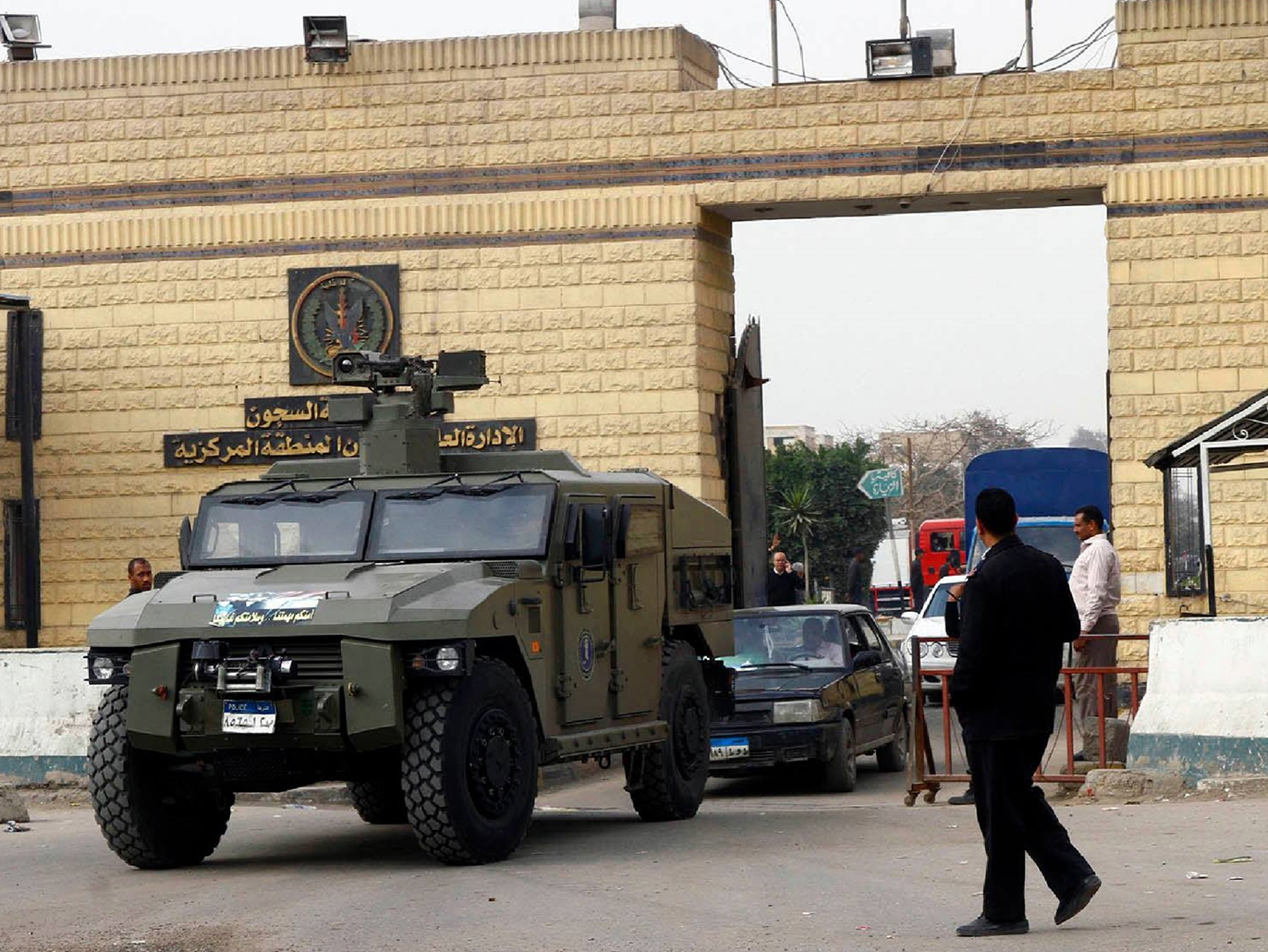“Happiness is incomplete, and a new prison for half a day is more difficult than permanent imprisonment.” With these words, many released detainees, in pending cases or who left prison after completing their sentences, described their lives under police surveillance.
The Egyptian courts have recently expanded adding complementary penalties after prison sentences, especially in cases of a political nature, and imposing precautionary measures for those who are released pending a case after pretrial detention. Observers consider this policy aims to “tighten the screws on political activists and pursue their anti-authority activities.” There are many stories of opponents, activists, and politicians subject to precautionary measures or police surveillance, and they agreed that the situation was terrible. They described it as a half-day in prison, from 6pm to 6am daily, which leads to the disruption of their lives and the paralysis of their movement.
The courts’ precautionary measures mean that the released detainee will be monitored in a police station daily and periodically. These measures mainly aim to replace preventive detention under the text of Article 201 of Law No. 150 of 1950, which was amended in 2006 of the Criminal Procedure Law.
The Police Surveillance Law was passed in 1945 following the killing of the then-prime minister Ahmed Maher. With this old law dating back to the King Farouk I era, Egyptian activists and political opponents are exposed after their release from prison to a new pattern of violations.
Precautionary measures
For a long time, this punishment was applied mostly to criminals, until the political application of the probation penalty began to expand by including it in the judgments issued in protest, assembly, and bullying after the 2013 military coup. The convicted persons are required to implement the police surveillance penalty for a period not exceeding five years after completing their prison term, which is the punishment that affected many opponents from different political currents. The Egyptian judiciary has also expanded in replacing the preventive detention of activists, journalists, and human rights defenders with precautionary measures, after making false and sweeping accusations against them. Usually, they are accused of similar charges, such as: joining a group established in contravention of the law and publishing false news. These accusations are always without evidence.
Judges in Egypt have been accused by international human rights organisations of issuing politicised judgments. Initially, a police officer would pass by the opponent’s house with the watch book to record the accused’s presence. Now, the convicted or accused usually goes to the police station and sleeps until the next morning. The Criminal Investigation Department is concerned with determining where the convict spends the period of probation, in his home, or in one of the police departments or centres.
Activists’ stories
Political activist Alaa Abdelfattah posted on his Facebook page in the early days of the start of surveillance before he was rearrested. He was not free even after his release from prison. He said that he surrendered himself to insults and humiliation under the name of surveillance, every day.
As for the journalist Samehi Moustafa, who spent about four years in prison in the case known in the media as the Rabaa Operations Room, he complained about surveillance in one of his tweets despite a traffic accident which nearly claimed his life.
Amnesty International said, “The harsh control measures in Egypt are, in fact, another form of arbitrary detention practiced by the Egyptian authorities against a large number of activists and peaceful dissidents, simply because they expressed their views peacefully.” One of the shortcomings of the control penalty or precautionary measures is that they are carried out without judicial follow-up, but rather by police officers. This unchecked control leads to easing pressure on the accused by some policemen to turn them into informers or informants under threat of violating the surveillance conditions, which may lead to their resorting to fabricating cases for the innocent.
Among the dangers of surveillance, there is: “Forcing some of those sentenced to perform cleaning work and other similar jobs inside police stations.” A political activist from the April 6 movement, Ahmed Maher, was forced to clean the stairs of the police station where he was under surveillance.





Recent Comments